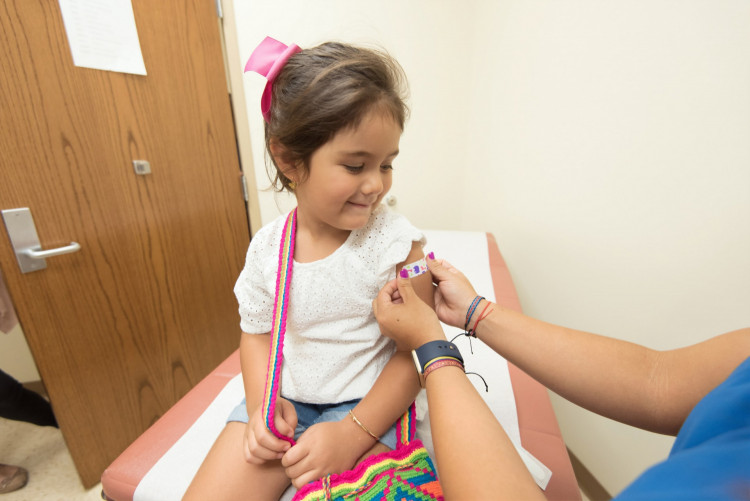Is your child afflicted with asthma? If this is the case, you must exercise extreme caution so that they do not become infected with COVID. According to a new study, asthma in children may intensify after infection with the coronavirus.
They looked at nearly 62,000 asthmatic children in the U.S. who had PCR tests for the virus during the first year of the pandemic, with over 7,700 of them testing positive.
Researchers published in the Journal of Allergy and Clinical Immunology that afflicted children had significantly more asthma consultations, hospitalizations, emergency inhaler use, and steroid treatments in the six months following their illness compared to children who tested negative and their prior history.
Dr. Christine Chou of Children's Health of Orange County, California, said that children who tested negative for the virus "had improved asthma control for the next six months, meaning fewer emergency department visits and hospitalizations for asthma, and less asthma treatment."
Earlier studies that showed improvements in asthma control in the early stages of the pandemic were likely due to public health assessments such as staying at home and masking, which reduced exposure to asthma triggers, she said.
The new study contradicts the popular belief that children with asthma performed well during the first year of the pandemic," longer-lasting harm of COVID on children's asthma control," according to Chou.
According to new research, the third dose of an mRNA vaccine from Pfizer/BioNTech or Moderna may not improve protection against the Omicron variant of the coronavirus in people who have previously been infected with the virus.
A booster after infection provides little additional benefit over Omicron.
From November 2021 to January 2022, researchers studied nearly 130,000 people tested for COVID in Connecticut, including 10,676 with Omicron infections. Nearly 6% to 8% were already infected with previous versions of the coronavirus.
Two doses of an mRNA vaccine did help defend against Omicron in people who had previously been infected, but there was no additional benefit to receiving a third booster dose in this population.
A separate Canadian study discovered that more than two vaccine doses "may be of marginal incremental value" in protecting previously infected individuals against Omicron.
First, regardless of whether they have previously been infected or not, people should receive two doses of mRNA vaccine. Second, people who have never had an infection should receive a booster dose.
Finally, people who have previously been infected should consider a booster dose, especially if they are in a high-risk group for life-threatening complications, but should be aware that above two doses, additional protection against infection may not be significant.






